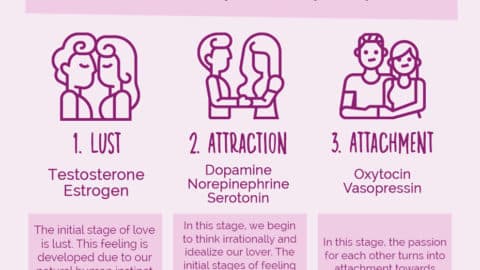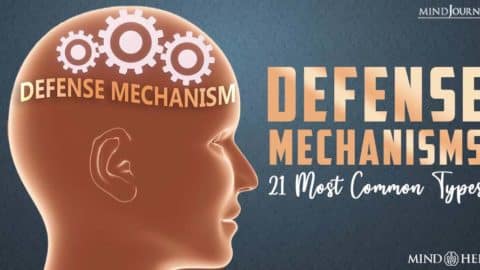In an effort to tackle the pressing issues of untreated mental illness and addiction, California has implemented a groundbreaking law that empowers authorities to intervene and provide treatment to those who are unable to care for themselves due to their mental health conditions or substance abuse.
The legislation, signed by Governor Gavin Newsom, aims to revamp the state’s mental health system and grapple with the escalating homelessness crisis that has gripped California.
The new law fundamentally restructures the conservatorship system, broadening the definition of “gravely disabled” to encompass individuals who, due to untreated mental illness or excessive drug and alcohol use, are incapable of meeting their basic needs, including access to food and shelter.
This move responds to the longstanding concern that existing state laws have left local governments powerless to assist individuals who refuse help, a situation that has only exacerbated the homelessness crisis in California.
California is currently home to over 171,000 homeless individuals, constituting roughly 30 percent of the nation’s homeless population. Over the past few years, the state has allocated more than $20 billion to address this issue, but the results have been mixed at best.
Governor Newsom has been a vocal proponent of mental health system reform, emphasizing the need to reconfigure how counties fund mental and behavioral health programs.
His proposed plan also entails borrowing $6.3 billion to create an additional 10,000 mental health treatment beds. These ambitious reforms are set to be presented to voters in the upcoming March elections.
New Plans To Address Mental Illness and Addiction
The new California law, which is set to bring about significant changes, has several key objectives:
1. Addressing the Homelessness Crisis: California’s homelessness crisis has reached staggering proportions, with over 171,000 people experiencing homelessness.
To combat this issue, the new law is designed to target the root causes, primarily untreated mental illness and addiction, by making it easier for authorities to intervene and provide necessary care to those in need.
2. Expanding the Definition of “Gravely Disabled”: The law broadens the scope of who can be considered “gravely disabled” to encompass individuals suffering from untreated mental illness or extreme drug and alcohol dependency, rendering them incapable of securing food and shelter for themselves.
3. Empowering Local Authorities: The legislation provides local governments with the tools they need to take action when individuals with untreated mental health issues or addiction refuse assistance.
This empowers authorities to step in and ensure those in need receive the care they require.
4. Overhauling the Mental Health System: Governor Newsom’s broader vision for reforming California’s mental health system involves restructuring how counties fund mental and behavioral health programs.
Additionally, it seeks to secure significant funding—$6.3 billion—to create 10,000 new mental health treatment beds.
California’s homelessness crisis has drawn national attention due to its magnitude and complexity. With over 171,000 homeless individuals, the state’s homeless population represents a significant portion of the nationwide total.
The crisis has had severe repercussions for both the individuals experiencing homelessness and the communities grappling with its consequences.
The state has allocated substantial financial resources—exceeding $20 billion in recent years—to address the issue.
However, the results have been mixed, and the crisis continues to persist, prompting a reevaluation of existing strategies and the introduction of new measures such as the recently passed law.
Governor Newsom’s Vision for Mental Health Reform
Governor Gavin Newsom is committed to addressing not only the homelessness crisis but also the broader mental health system in California. His proposed plan, slated to go before voters in the March elections, centers around key elements:
1. Funding Restructuring: The plan calls for a reconfiguration of how counties allocate funds for mental and behavioral health programs.
By streamlining this process, the state aims to ensure that resources are efficiently channeled to address the most pressing issues.
2. Expanding Treatment Capacity: Recognizing the critical need for accessible mental health services, Newsom’s proposal includes a substantial investment of $6.3 billion to create 10,000 new mental health treatment beds.
This expansion of treatment capacity is expected to help alleviate the strain on existing mental health services.
3. Comprehensive Mental Health Reform: The governor’s overarching vision is to create a comprehensive and efficient mental health system that caters to the diverse needs of Californians, addressing issues ranging from mild mental health concerns to severe conditions.
By tackling mental health challenges holistically, the state aims to improve the overall well-being of its residents.
In summary, California’s new law represents a significant step forward in addressing the intertwined issues of untreated mental illness, addiction, and homelessness. By expanding the definition of “gravely disabled” and empowering local authorities to intervene, the state hopes to provide essential care to those in dire need.
Governor Newsom’s ambitious plan for mental health reform complements these efforts by seeking to streamline funding and expand treatment capacity, fostering a more comprehensive and effective mental health system for California residents.
The success of these initiatives will be closely watched, as they have the potential to reshape the state’s approach to mental health and homelessness in the years to come.





